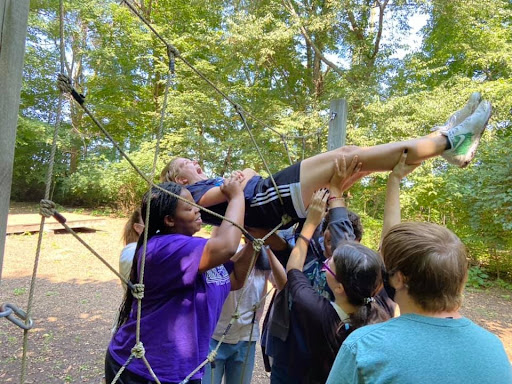Popular Youth Topics
Body-Working
Networking is a common business experience, and while these events present a fantastic opportunity to make new connections, they can be overwhelming. Who do you talk? What do you talk about? How do you move on from an awkward conversation? How do you know when someone is doing talking to you? You shouldn’t have to figure these things out on your own. Join us for body working. In this highly interactive session, we’ll explore the nonverbal side of networking. We’ll teach you how to the read subtle nonverbal cues which will give you an advantage in these challenging social situations
Go Up! Building Your Elevator Pitch
You have 30 second to explain why you are the right person for the job / opportunity / experience of your dream: what do you do? Life moves fast and sometimes we only get a little time to explain who we are. In this session we’ll focus on how to tell your story, and best sell yourself, when the right opportunity comes along.
The Im’Perfect Leader
In a world where we are expected to do everything, it sometimes feels like we can’t accomplish anything. Drawing from the concepts in Tal Ben-Shahar’s book “The Pursuit of Perfect: How to Stop Chasing Perfection and Start Living a Richer, Happier Life” this session will explore the value of making mistakes, the seductive (yet unattainable) dream of perfectionism, and why optimalism may help us accomplish just enough to be happy.
This session is ideal for participants who are seeking a healthy method to manage expectations of their self and others.
Listen First, Then Talk
Teachers, parents, coaches – it can feel like everyone wants you to listen to them but how do you get them to listen to you? During this session we’ll explore why it’s hard for everyone to listen, adults and students alike, and why if you want people to hear you, you must show them that you have heard them first.
Learning Styles
Strong teams are composed of diverse perspectives. Together we will explore our individual learning styles which is the foundation for understanding ourselves and our teammates. Using the Learning Styles framework, we can effectively, and constructively, examine our team’s strengths and challenges. Learning Styles provides nonjudgmental, and objective, perspectives towards a better understanding of ourselves and our teammates.







